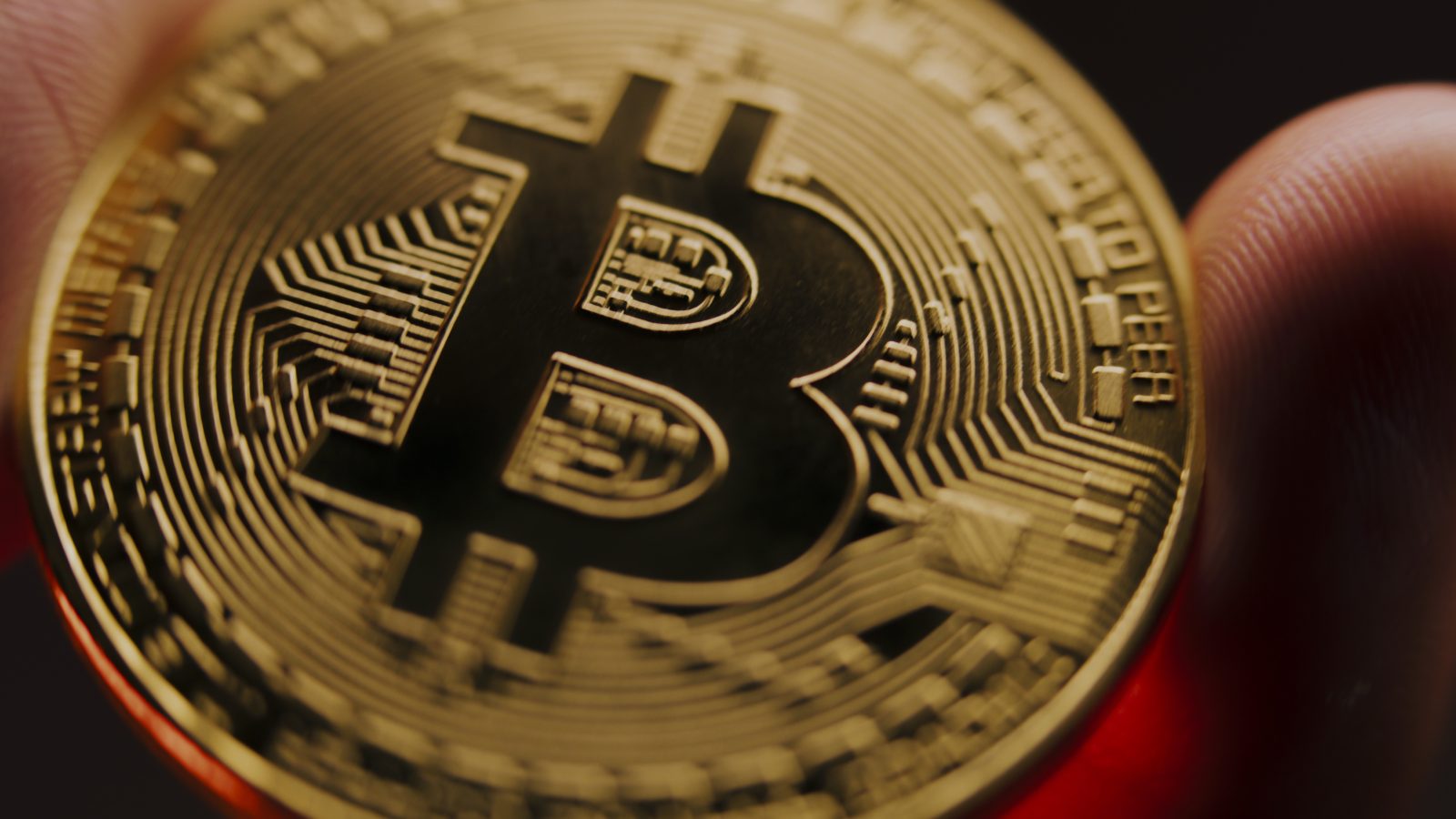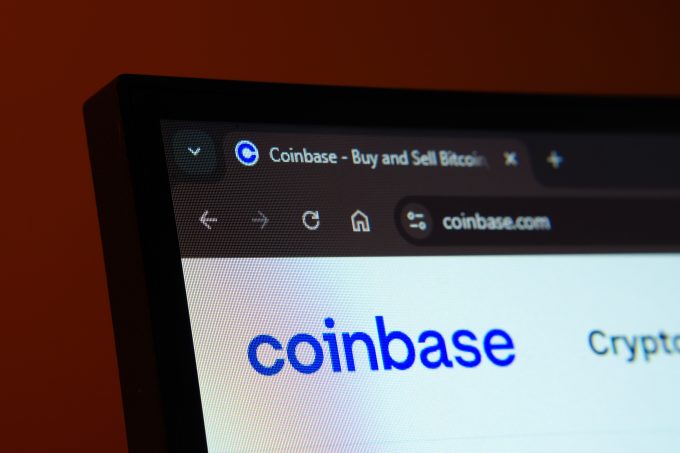A proposal to introduce a new soft fork to Bitcoin’s codebase has ignited controversy within the crypto community, with prominent Bitcoin developers and advocates condemning what they describe as “legal threats” embedded in the process. The debate has exposed growing tensions over governance, decentralization, and control of Bitcoin’s protocol — issues that could have lasting implications for investor confidence and the network’s future evolution.
Market Reaction: Bitcoin Holds Steady Amid Governance Turmoil
Despite the uproar within the Bitcoin developer community, market prices have remained relatively stable. As of Monday, Bitcoin (BTC) traded around $67,850, up 0.4% over the past 24 hours and roughly 3% higher on the week, according to CoinMarketCap data. Trading volumes across major exchanges hovered near $18 billion, slightly below the 30-day average, suggesting a measured response from institutional investors.
Analysts note that while internal developer disputes rarely move prices in the short term, they can shape longer-term sentiment about Bitcoin’s resilience and governance. “When governance controversies arise, they test the market’s belief in Bitcoin’s decentralization,” said Marcus Leclerc, a digital asset strategist at Helix Research. “Investors are closely watching how the community resolves these internal disputes.”
Regulatory and Technical Implications
The controversy stems from a recent proposal to implement a soft fork — a backward-compatible change to Bitcoin’s code — that some developers argue includes implicit legal threats against dissenting contributors. The concern revolves around the potential enforcement of compliance through non-technical means, raising questions about whether external legal frameworks could influence Bitcoin’s open-source development.
If implemented, the soft fork could set a precedent for governance models where legal considerations intertwine with technical upgrades. Critics warn this could undermine Bitcoin’s core ethos of decentralization and open consensus. “Embedding legal enforcement mechanisms in protocol upgrades blurs the line between code and law,” said blockchain policy analyst Emma Roth. “It opens the door for future interventions that could erode Bitcoin’s neutrality.”
Investor Sentiment and Strategic Outlook
For long-term Bitcoin holders and institutional participants, the dispute underscores a broader tension between innovation and purity. On social media platform X (formerly Twitter), several high-profile Bitcoiners labeled the proposal an “attack on Bitcoin,” arguing that legal intimidation tactics could stifle open debate among developers. Others countered that the controversy is exaggerated and reflects the community’s ability to self-correct through transparent dialogue.
Market observers believe that the debate, while contentious, demonstrates Bitcoin’s unique governance strength — its reliance on voluntary consensus rather than centralized decision-making. “Bitcoin’s open-source model can appear chaotic, but it’s part of what ensures its durability,” noted Roth. “The market tends to reward systems that can absorb conflict without collapsing.”
The technical community continues to dissect the proposal’s finer details, with discussions on GitHub and developer forums expected to influence the next stages of review.
Outlook: Governance Lessons and Market Watchpoints
In the coming weeks, Bitcoin investors will watch for signs of resolution — whether the soft fork proposal gains traction or fades amid community resistance. While the immediate price reaction has been muted, prolonged uncertainty around Bitcoin’s governance process could affect institutional narratives about its long-term stability as a digital asset.
For now, Bitcoin’s core fundamentals remain intact, supported by strong network activity and resilient demand from long-term holders. However, as the debate unfolds, it highlights the delicate balance between technological innovation and ideological integrity — a tension that has defined Bitcoin since its inception.
Comparison, examination, and analysis between investment houses
Leave your details, and an expert from our team will get back to you as soon as possible













Leave a comment